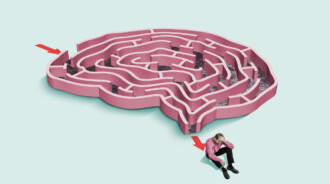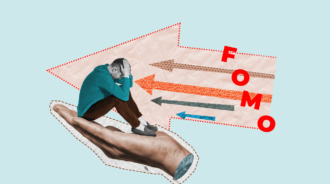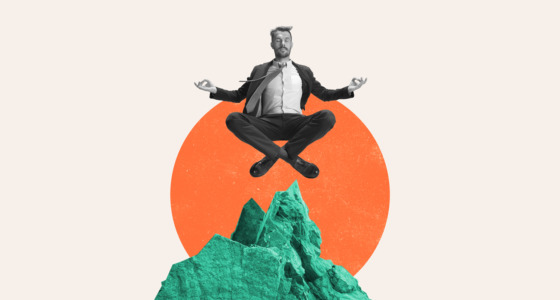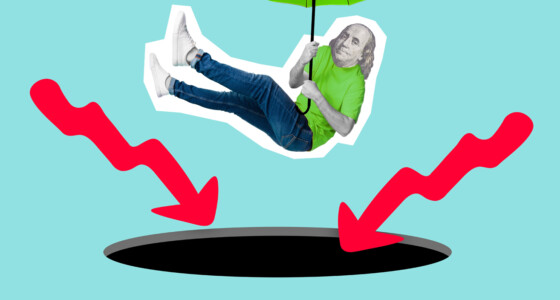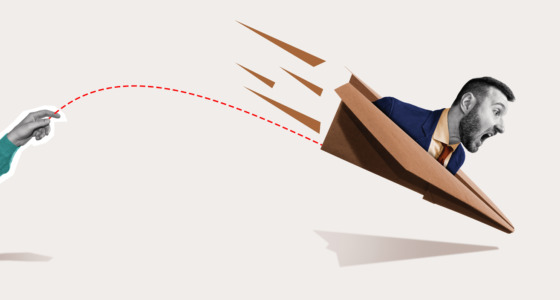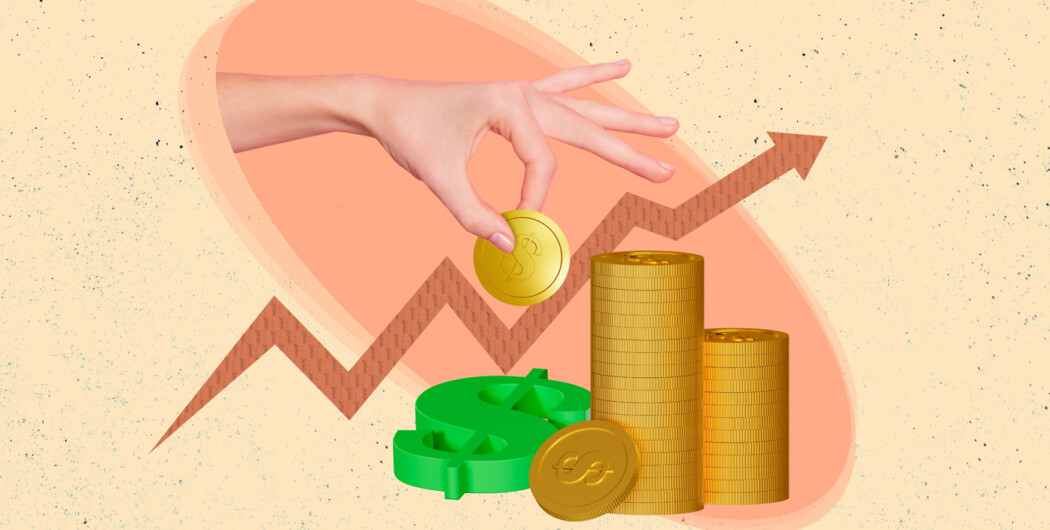

Overdoing anything is probably a bad thing. You may be familiar with Jack Ma, the co-founder of Alibaba Group, and even he failed to maintain balance and perspective at one point in his career. In 2013, Ma launched a new e-commerce platform 1688.com and quickly became obsessed with the project. He poured massive resources into it, even neglecting key areas of Alibaba. 1688 eventually failed, and Ma was forced to scale back his ambitions.
The costs of overtrading (or overdoing anything, for that matter) can be significant. So why let it happen when you can achieve better outcomes? Here is what you should know about trading, the risks involved, and the ways to avoid it, starting with an overtrading definition.
What is overtrading?
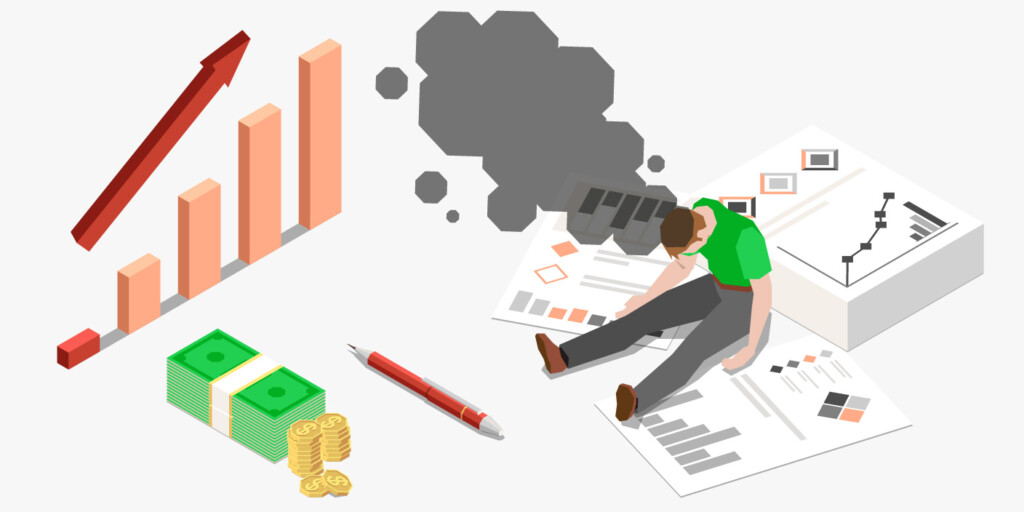
“Overtrading is a self-inflicted wound that results from a lack of discipline and a failure to adhere to a trading plan,” said Brett Steenbarger, trading psychologist and author of The Psychology of Trading.
Overtrading is a phenomenon that occurs when traders execute too many trades in a short period of time. It is driven by all sorts of emotions – from greed to fear to a desire for excitement. Traders may also overtrade in an attempt to recoup losses, where they take on more risk than they can handle.
If you think about it, the urge to overtrade is natural. Many people have a similar tendency when they go to an all-you-can-eat buffet. They often fill your plate with mountains of food, only to realize that they’ve overindulged and can’t possibly eat it all.
Overtrading is a similar situation. You see so many potential trades that you want to try them all without considering the risks or rewards. You keep executing trades, one after another, possibly disregarding your trading plan or strategy. Eventually, you end up with too many trades, too much risk, and too little capital.
Dangers of overtrading
As mentioned, overtrading can be a tempting trap, especially for those who are new to the world of trading. But understanding the risks can help you stay on the right path.
Increased transaction costs
Every time you make a trade, you’ll be hit with various fees – brokerage fees, bid-ask spreads, and taxes. If you overtrade, it will take a huge bite out of your profits. So be mindful of how frequently you trade to avoid racking up your transaction costs.
Lack of focus
Overtrading is likely to leave you with a scattered and unfocused approach. Just imagine your attention constantly being pulled towards making quick trades. In that case, you’re not dedicating the necessary time and energy to be present.
Poor decision-making
Continuing the previous point, when you’re constantly buying and selling, you’re increasing your chances of poorly informed choices. As a result, you may be dealing with a higher number of losing trades. Even if you manage to score a few profitable trades, the overall effect may be a reduction in your returns.
Emotional stress
There will be pressure to monitor the markets at all times and make rapid-fire decisions. The more you do it, the more emotionally draining it will get, resulting in anxiety, stress, and even burnout. Essentially, you’re always on edge with no time to prioritize self-care.
Unnecessary risk
Each trade exposes you to more risk than necessary. Naturally, excessive trading only increases your exposure to the market’s volatility and other unpredictable factors. Keep in mind that more risk can quickly wipe out any potential gains, especially if you’re as careless about risk management as you are about an adequate number of trades.
How much is too much?
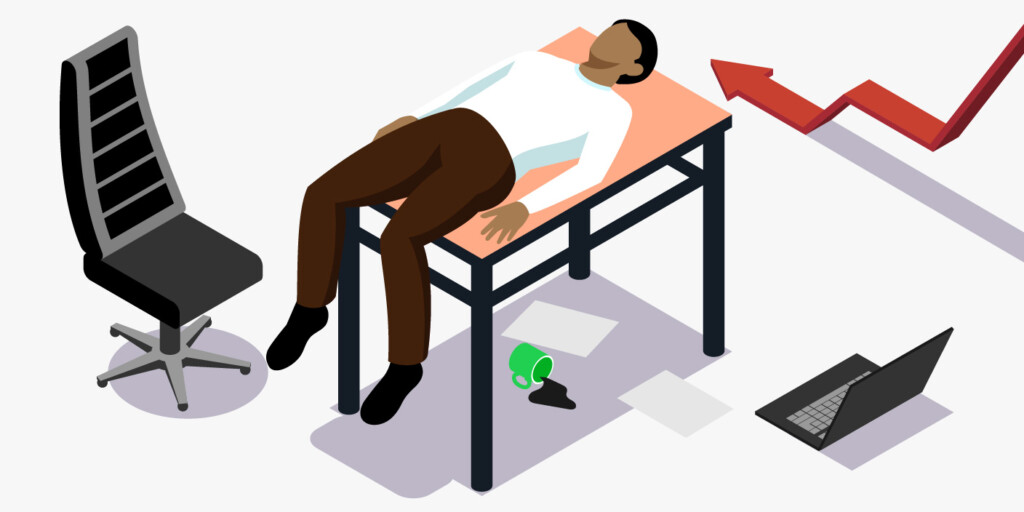
This, of course, depends on individual circumstances and goals. But overtrading can generally be defined as trading beyond the parameters of a well-defined plan or strategy. Most strategies are designed to limit the number of trades you make. So, if you go beyond that limit, you’re in the danger zone.
Another common warning sign is making impulsive trades without a clear rationale. It can look something like this: you find yourself constantly checking market prices and making trades based on short-term fluctuations. Instead, you should be following specific rules and guidelines for entering and exiting trades.
You should also avoid entering trades to make up for previous losses. That is commonly known as chasing your losses, which can lead to even more losses. Essentially, any following trades after a big loss may count as “trading too much” if the intention is to simply recover.

Is it possible to undertrade, and is it bad?
Yes, it’s possible to undertrade and miss out on profitable opportunities. This can happen if you’re overly cautious or hesitant to enter trades or if you lack confidence in your plan. Whatever the reason may be, undertrading can also not affect your productivity in the best way.
Neither is good – overtrading or undertrading. But there is a difference in the severity of consequences. Undertrading can lead to missed opportunities for profit, whereas overtrading can lead to significant losses. The latter rightfully sounds worse as it can quickly wipe out a trader’s account. In the first scenario, you at least have a chance to add up smaller profits over time.
While it’s important to be cautious and disciplined when trading, you should strive for a balance between both extremes.
Tips and strategies to avoid overtrading
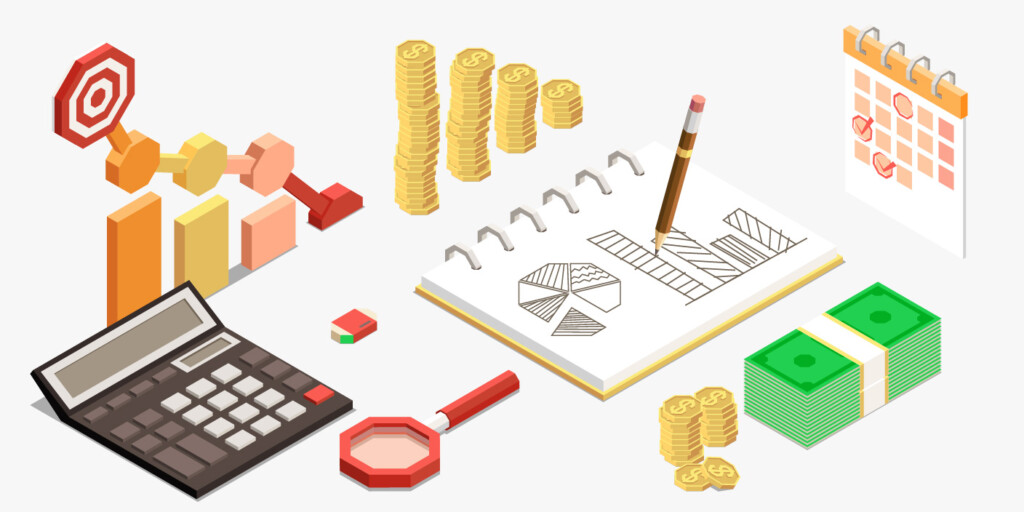
“It’s important to be mindful of this tendency and take steps to avoid it. This includes setting realistic trading goals, sticking to a trading plan, and being patient and disciplined in your approach,”
– Kathy Lien, Managing Director of FX Strategy for BK Asset Management.
So, you know the risks of overtrading, and none of them sounds appealing. The good news is that there are effective tips and strategies if you want to be better equipped and avoid the pitfalls:
- Trade only when there is a clear opportunity and when the market conditions are favorable
- Use a trading checklist with a list of key criteria
- Set trading limits, i.e., a maximum number of trades per day or week, to avoid impulsive trades
- Use stop-loss orders to avoid the urge to hold on to a losing trade
- Take breaks to recharge and refocus
- Stay informed, but be mindful of information overload
The best tip overall is to focus on making high-quality trades. Trading is not a race – always keep your trading plan in mind and wait for the right opportunities to present themselves.
In conclusion, overtrading can be a major risk for traders, as you’ve seen in the sections above. With patience, discipline, and a sound strategy, you can avoid the temptation to make impulsive decisions. You may not be able to capitalize on every opportunity, but overtrading is not much better in that regard, too.
Sources:
What is overtrading? The Balance
Why overworking is bad for your health (and your career), HubSpot
